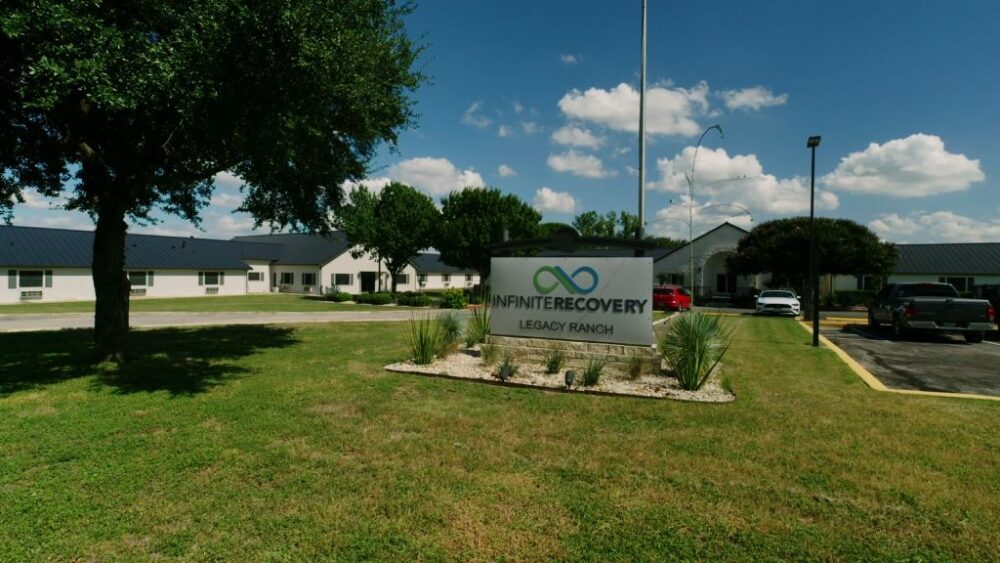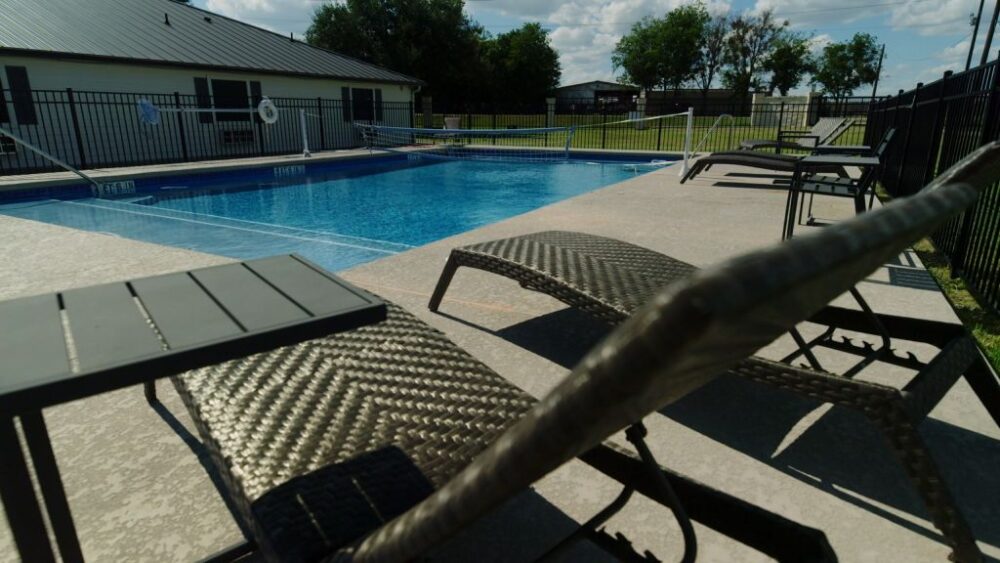Table of Contents
TL;DR:
- Co-occurring disorders (also known as dual diagnosis) involve both a mental health and substance use disorder happening at the same time.
- These conditions often overlap, which can make diagnosis and treatment more challenging.
- Treating both issues together with coordinated care leads to better outcomes.
- Drug rehab centers offer structure, expert support, and peer connection to help with recovery.
- Long-term recovery is possible with the right professional care and a well-rounded approach.
Dealing with addiction is challenging on its own. When mental health issues are involved too, it can become even more difficult to manage. These overlapping struggles are known as co-occurring disorders.
Co-occurring disorders are more common than many people realize, and they require a treatment approach that addresses both conditions together.
In this article, we’ll explore how drug rehab centers help individuals work through co-occurring disorders by providing integrated care, support, and the right tools for long-term recovery.
Co-Occurring Disorders Definition
Co-occurring disorders happen when someone experiences both a mental health disorder and a substance use disorder at the same time. These two conditions are often connected, and treating just one without the other can make recovery harder.
This is also known as dual diagnosis. Dual diagnosis is another way of describing co-occurring disorders, and the two terms are often used interchangeably.
Some common examples of co-occurring disorders include:
- Depression and alcohol addiction
- Anxiety and cocaine use
- PTSD and opioid dependence
In many cases, mental health struggles can lead someone to use substances as a way to cope. Other times, substance use can worsen or even trigger mental health symptoms.
Why Diagnosis Can Be Complicated
The symptoms of mental illness and substance use often overlap. That makes it hard to tell where one issue ends and the other begins. For example, mood swings, withdrawal from social activities, and changes in behavior could be caused by either or both.
Why Understanding Matters
Knowing the definition of co-occurring disorders is a key step toward effective treatment. A dual diagnosis approach looks at the full picture. It ensures that both the mental health issue and the addiction are treated together, which can lead to better outcomes and a stronger foundation for recovery.
Challenges in Treating Co-Occurring Disorders
Treating co-occurring disorders isn’t as simple as treating two separate conditions at once. Mental health issues and substance use disorders are often deeply intertwined, which can complicate diagnosis, treatment, and recovery. Here’s why:
Risk of Misdiagnosis
Because of the symptom overlap, individuals with dual diagnosis or co-occurring disorders are at higher risk for misdiagnosis. If a mental health disorder is treated without recognizing the presence of a substance use disorder, or vice versa, the person may not get the full support they need, leading to relapse or worsening symptoms.
Lack of Coordinated Care
In some cases, mental health and addiction treatment services operate separately. That can make it difficult for someone with a dual diagnosis to receive consistent, coordinated care.
When treatments aren’t aligned, it’s easy for gaps to form in recovery plans, which can slow progress or cause setbacks.
Stigma and Isolation
Another challenge many people face is stigma. Those with co-occurring disorders might feel judged or misunderstood, especially if they’ve struggled with relapse or have a complex history. This can make them less likely to seek help or stick with a treatment program.
To overcome these challenges, it’s important to take an integrated approach that treats both the mental health condition and the substance use disorder at the same time. This often means working with specialists trained in both addiction and mental health care.
How Drug Rehab Centers Provide Support
For people facing co-occurring disorders, professional help can make a life-changing difference. Here’s how:
Integrated Treatment Plans
One of the key benefits of rehab centers is that they provide integrated treatment plans tailored to each person’s unique needs. These plans combine mental health therapy and addiction treatment, ensuring that both conditions are addressed at the same time.
This approach is especially important for anyone diagnosed with co-occurring disorders or dual diagnosis since treating one condition without the other often leads to relapse or incomplete recovery.
Access to Trained Professionals
Rehab centers bring together a team of professionals, including therapists, psychiatrists, addiction counselors, and medical staff, who are trained to work with co-occurring disorders.
Their combined expertise allows them to recognize the links between mental health and substance use and to adjust treatment strategies as needed.
Supportive, Structured Environment
People with co-occurring disorders often benefit from a stable, supportive environment during the early stages of recovery. Drug rehab centers offer that structure, with daily routines, accountability, and a safe space to focus on healing away from triggers and distractions.
Ongoing Assessment and Adjustment
As recovery progresses, a person’s needs may change. Rehab centers regularly assess mental and emotional health, medication effectiveness, and progress in addiction recovery. This ongoing evaluation helps ensure that care stays relevant and effective throughout the treatment process.
Peer Support and Community
Connecting with others who understand what it’s like to live with co-occurring disorders can be incredibly encouraging.
Rehab centers often offer group therapy, peer support groups, and community-focused activities that help individuals feel connected and supported. It’s a great way to build confidence, share experiences, and remember that no one has to go through recovery alone.
Moving Forward with the Right Support
Recovering from co-occurring disorders takes more than willpower; It takes the right kind of support, structure, and understanding. While every recovery journey is personal, having a team that’s trained to handle the complexities of both mental health and addiction can make the path forward clearer and more manageable.
If you or someone you love is struggling with a dual diagnosis, you don’t have to face it alone.
Contact Infinite Recovery today to learn how our integrated treatment programs can help you build a healthier, more stable future. Your recovery is possible, and we’re here to guide you every step of the way.

















